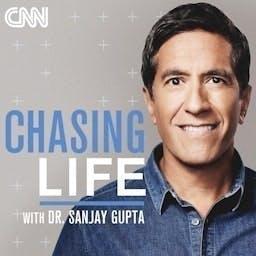What does it mean to be a witnessing professional in the climate crisis?
What responsibility do scientists, doctors, journalists, lawyers, military officers and public health officials have to speak out and share their message of truth with the world? How does the religious concept of bearing witness translate to this secular context? And what can you and I do to become constructive witnesses for climate change?
Dr. Evan Kuehn is an Assistant Professor of Informational Literacy at North Park University and the author of Troeltsch’s Eschatological Absolute and Theology Compromised: Schleiermacher, Troeltsch, and the Possibility of a Sociological Theology. On this episode of Reversing Climate Change, Dr. Kuehn joins Ross to discuss the recent Dædalus issue on Witnessing Climate Change, describing what it means to be a witness, how the concept shifts from a sacred to a secular context, and what risks are associated with witnessing in public as a professional.
Dr. Kuehn explores Robert Socolow’s idea of witnessing for the middle to depolarize the climate conversation, explaining what it looks like to engage in situational ethics and sharing how he deals with extreme views and guillotine memes. Listen in for Dr. Kuehn’s insight around the Jewish tradition of preserving social criticism and learn what you can do to be a middle builder and serve as a constructive witness for climate change.
Purchase Nori Carbon Removals
There are so many things referenced in this episode and not much space to add them all here unfortunately. If Anchor ups their character cap we will add them all back in.
N.B. Ross couldn't remember at the time of recording which scholar provided that insight about Jewish scripture preserving social criticism in this episode, but is pretty sure it came from Amy-Jill Levine, and most likely her Great Courses lecture series on the Old Testament.
Dr. Evan Kuehn on Reversing Climate Change Bonus Episode
We’re Doomed. Now What? Essays on War and Climate Change by Roy Scranton
What Is the Bible? How an Ancient Library of Poems, Letters, and Stories Can Transform the Way You Think and Feel About Everything by Rob Bell
‘What is the Social Responsibility of Climate Scientists?’ by Naomi Oreskes
‘Witnessing for the Middle to Depolarize the Climate Change Conversation’ by Robert H. Socolow




































